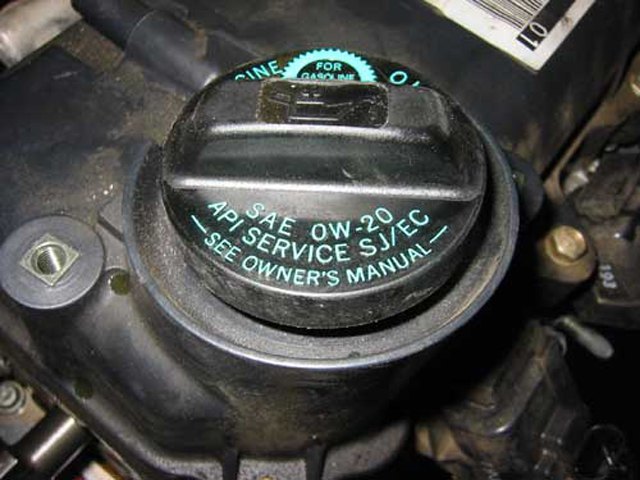The filter process of belt Filter Press can be divided into four important stages: pretreatment, dehydration, pre-pressing, dehydration, dehydration, pressing, pressing, dehydration, technology application of brand-new brand-new equipment, equipment filter, deep sewage cement removal hydraulic filter, integrated Environmental protection filtration with reasonable price and reliable performance, such as type sewage sludge treatment equipment and online precision filtration system. product.
Working principle and workflow
After the concentrated sludge is fully mixed with a certain concentration of flocculant in the static and dynamic mixer, the tiny solid particles in the sludge will coagulate into larger flocculent agglomerates, and free water will be separated at the same time. Sludge is conveyed to the filter belt of concentrated gravity dehydration, and the free water is separated under the action of gravity to form sludge in a stagnant state, and then clamped between the upper and lower mesh belts, passing through the wedge-shaped pre-compression zone, low-pressure Under the action of extrusion force and shear force from small to large in the high pressure zone and the high pressure zone, the sludge is gradually squeezed to achieve the maximum separation of mud and water, and finally form a filter cake to be discharged. Belt Filter Press,Filter Press,Press FIlter,filter press equipment Shenzhen Hongfa Environmental Protection Equipment CO., LTD , https://www.hongfafilterpress.com *The 0W-20 oil has become a top choice among Toyota owners.*
The 0W-20 oil, which is fully synthetic, comes with a price tag of approximately $6.36 per quart. While this might seem steep compared to traditional oils, it's often considered worth the investment when used in Toyota vehicles. Synthetic oils are engineered to perform exceptionally well under various driving conditions, offering superior protection and longevity compared to conventional oils. In fact, Toyota explicitly recommends 0W-20 oil for most of its models, excluding certain 4Runner/Tacoma variants and Flex Fuel Tundra/Sequoia models.
When visiting your local Toyota dealership next, take a moment to inquire about this lighter-weight oil. Many Toyota owners have found it to be an excellent option due to its ability to enhance engine performance while reducing wear and tear. Its formulation allows for smoother operation, improved fuel efficiency, and better cold-start performance, which can be particularly beneficial during harsh winters.
Moreover, the environmental benefits of using synthetic oil cannot be overlooked. Since it lasts longer than regular oil, you’ll need fewer oil changes over time, resulting in less waste and a smaller carbon footprint. This aligns perfectly with Toyota’s commitment to sustainability, as seen in initiatives like hybrid technology and eco-friendly manufacturing practices.
If you're still unsure whether switching to 0W-20 is right for your vehicle, consult with a trusted mechanic or refer to your owner’s manual for guidance. Regardless, staying informed about advancements in motor oil technology ensures that you’re making the best decision for both your car and the planet.
For further reading, explore related topics such as recalls, industry trends, and innovations in green technology. These discussions could provide additional insights into how modern vehicles are evolving to meet consumer needs and global challenges.
---
**Related Posts:**
- [Car Recall](#)
- [Changes for the Future](#)
- [Toyota Going Green](#)
- [Toyota and Honda Face-off](#)
- [Used Cars Sales Boom](#)
- [Battery Production Change](#)
*The 0W-20 oil has become a top choice among Toyota owners.*
The 0W-20 oil, which is fully synthetic, comes with a price tag of approximately $6.36 per quart. While this might seem steep compared to traditional oils, it's often considered worth the investment when used in Toyota vehicles. Synthetic oils are engineered to perform exceptionally well under various driving conditions, offering superior protection and longevity compared to conventional oils. In fact, Toyota explicitly recommends 0W-20 oil for most of its models, excluding certain 4Runner/Tacoma variants and Flex Fuel Tundra/Sequoia models.
When visiting your local Toyota dealership next, take a moment to inquire about this lighter-weight oil. Many Toyota owners have found it to be an excellent option due to its ability to enhance engine performance while reducing wear and tear. Its formulation allows for smoother operation, improved fuel efficiency, and better cold-start performance, which can be particularly beneficial during harsh winters.
Moreover, the environmental benefits of using synthetic oil cannot be overlooked. Since it lasts longer than regular oil, you’ll need fewer oil changes over time, resulting in less waste and a smaller carbon footprint. This aligns perfectly with Toyota’s commitment to sustainability, as seen in initiatives like hybrid technology and eco-friendly manufacturing practices.
If you're still unsure whether switching to 0W-20 is right for your vehicle, consult with a trusted mechanic or refer to your owner’s manual for guidance. Regardless, staying informed about advancements in motor oil technology ensures that you’re making the best decision for both your car and the planet.
For further reading, explore related topics such as recalls, industry trends, and innovations in green technology. These discussions could provide additional insights into how modern vehicles are evolving to meet consumer needs and global challenges.
---
**Related Posts:**
- [Car Recall](#)
- [Changes for the Future](#)
- [Toyota Going Green](#)
- [Toyota and Honda Face-off](#)
- [Used Cars Sales Boom](#)
- [Battery Production Change](#)
What Is OW-20 Oil? – Best Oil for Toyota Vehicles
In today’s automotive world, choosing the right motor oil can feel like navigating a complex maze, especially with so many options available. One type of oil that has gained significant attention recently is OW-20. But what exactly is this oil, and why might you consider using it for your vehicle?